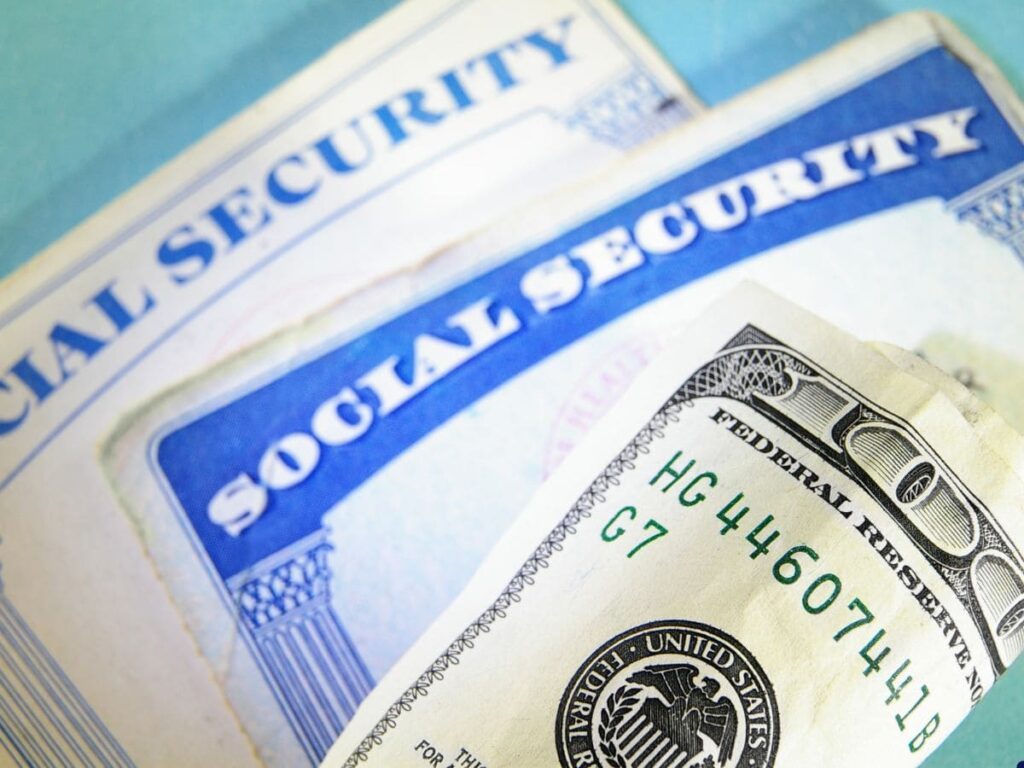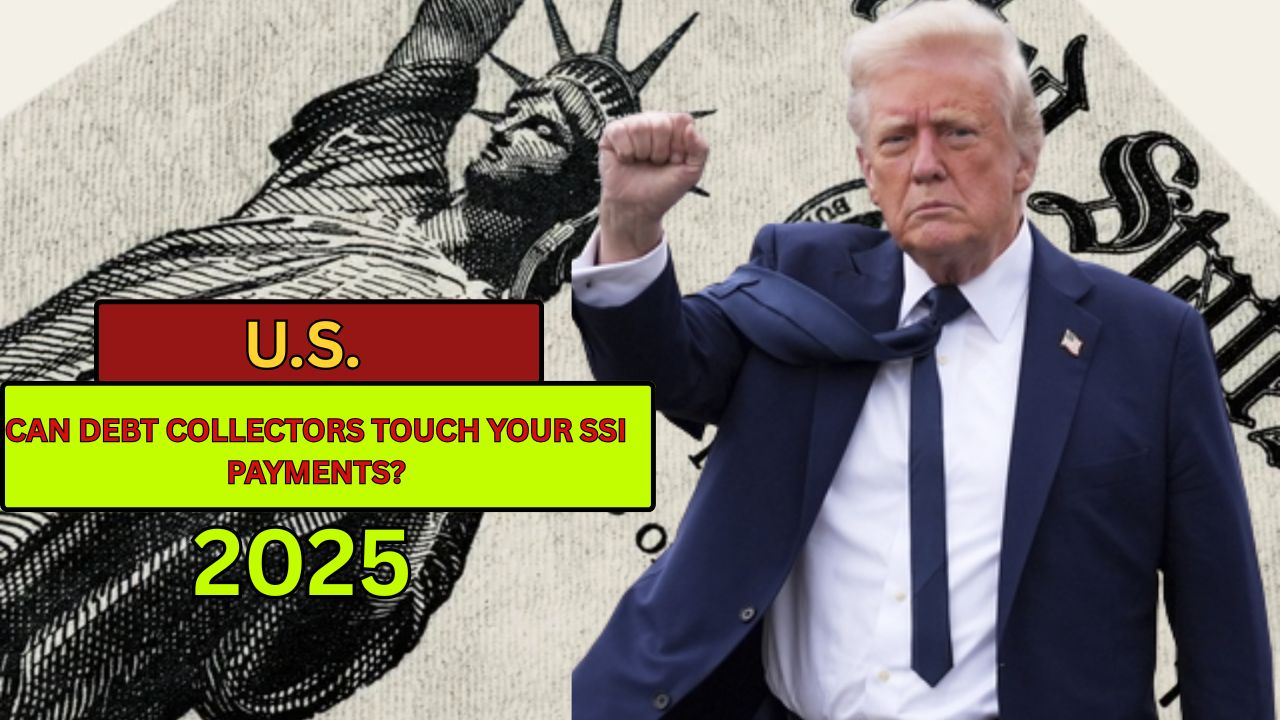Millions of Americans rely on Supplemental Security Income (SSI) to cover basic living expenses such as rent, groceries, and medication. With rising debt and aggressive collection practices, many beneficiaries worry: can debt collectors garnish SSI payments?
The short answer is no—SSI is protected under federal law from most forms of debt collection, offering recipients critical financial security. But there are nuances in how the protection works, especially when it comes to bank accounts and mixed deposits.
SSI: What It Is and Who Receives It
SSI is a needs-based program administered by the Social Security Administration (SSA). It provides monthly payments to individuals who are aged (65 or older), blind, or disabled and have limited income and resources. Unlike Social Security Disability Insurance (SSDI), which is based on work history, SSI is funded by general tax revenues, not payroll taxes.
SSI Is Fully Protected from Garnishment
According to the Consumer Financial Protection Bureau (CFPB), SSI payments cannot be garnished by debt collectors, whether for private debts like credit cards or public debts such as student loans and unpaid taxes. This rule stems from the Social Security Act, which restricts creditors from tapping into these benefits.
“Federal law generally protects Social Security and SSI benefits from debt collection,” states the CFPB.
Even federal agencies like the IRS cannot touch SSI for tax debts—unlike Social Security retirement benefits, which can be partially garnished in some cases.
Direct Deposit Offers Additional Protection
The safest way to receive SSI payments is through direct deposit into a bank account. U.S. law requires banks to automatically protect two months’ worth of federal benefits from garnishment—even if a court order is issued.
That means if your SSI is directly deposited, and you have $1,500 (two months’ worth) in your account, that amount is off-limits to debt collectors.
However, if you deposit a paper check, this automatic protection does not apply. You may have to prove in court that the funds are from SSI, which could delay access to your money.

Watch Out for Mixed Deposits
If your account mixes SSI payments with wages or other income sources, things get more complicated. While banks will still protect two months of federal benefits, they may not distinguish clearly between SSI and other deposits. In such cases, it’s a good idea to:
- Keep SSI payments in a separate account
- Avoid depositing other income in the same account
- Maintain clear records of benefit deposits
What To Do If Garnishment Happens
If your bank account is garnished and it contains SSI funds, you should:
- Contact your bank immediately to identify the protected amount.
- Reach out to the debt collector and notify them that the garnished funds are federal benefits.
- File a claim of exemption with the court, explaining that your funds are SSI-protected.
- Seek legal help from a legal aid office or an attorney familiar with debt collection laws.
How To Safeguard Your SSI Payments
To make sure your SSI remains protected:
- Use direct deposit for your SSI payments.
- Keep funds in a dedicated account for benefits only.
- Monitor bank statements regularly for unauthorized withdrawals.
- Avoid giving out banking details to debt collectors.
- Know your rights under federal law.
Conclusion
Debt collection can be intimidating, but SSI recipients have strong legal protections. As long as you’re receiving SSI and following smart financial practices—like using direct deposit and separating your accounts—you can rest assured that debt collectors cannot legally take your benefits.
Understanding your rights is the first step in protecting your financial well-being.
This article has been carefully fact-checked by our editorial team to ensure accuracy and eliminate any misleading information. We are committed to maintaining the highest standards of integrity in our content.

Outside of work, he enjoys playing chess, following cricket, and writing short stories. His commitment to integrity and in-depth analysis strengthens OTE News’ mission of providing trustworthy journalism.




